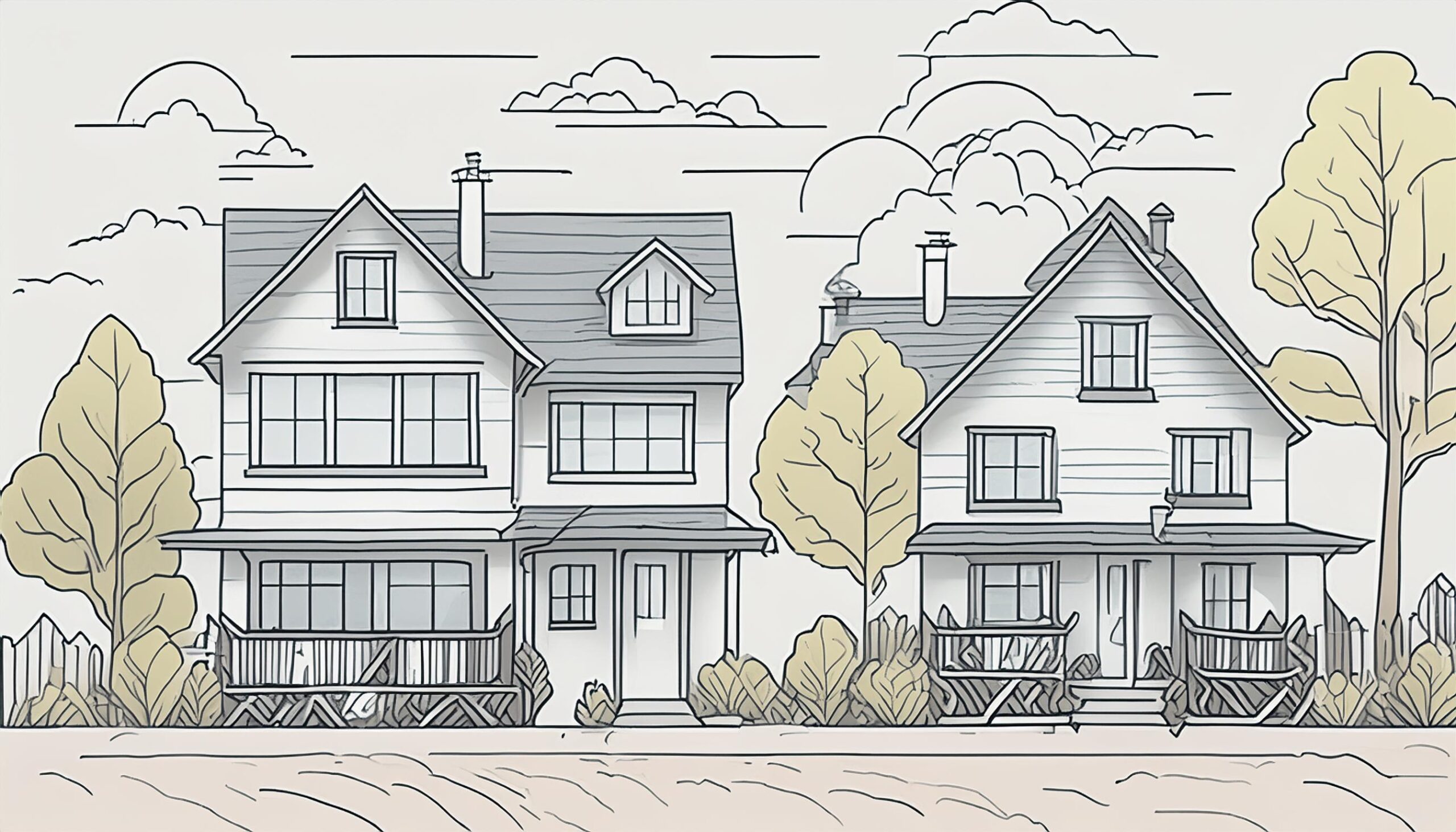One of the most significant financial decisions individuals face is whether to rent or buy a home. Both options offer distinct advantages and considerations that can impact financial stability, long-term wealth accumulation, and personal lifestyle preferences. This blog post explores the economics of homeownership by comparing renting and buying, highlighting key factors to consider when making this pivotal decision.
Financial Considerations
1. Initial Costs and Affordability:
- Renting: Renting typically requires lower upfront costs, such as security deposits and possibly first and last month’s rent. Monthly rent payments cover living expenses without the responsibility of property taxes, maintenance, or homeowners insurance.
- Buying: Purchasing a home involves a substantial upfront investment, including a down payment (often 20% of the home’s purchase price), closing costs, and ongoing mortgage payments. However, homeownership builds equity over time and allows potential appreciation in property value.
2. Long-Term Financial Commitment:
- Renting: Renting offers flexibility, as lease terms are generally shorter and provide the option to relocate without selling property. However, rent payments do not contribute to equity accumulation or property ownership.
- Buying: Homeownership represents a long-term financial commitment. Monthly mortgage payments build equity, and over time, homeowners can benefit from property appreciation. However, homeowners bear the responsibility for maintenance, property taxes, and insurance.
Investment Potential
1. Building Equity:
- Renting: Rent payments do not contribute to building equity or ownership of the property. While renting offers flexibility, tenants do not benefit from potential property appreciation.
- Buying: Mortgage payments gradually increase homeowners’ equity in the property. Homeownership allows for potential appreciation in property value, offering a tangible asset that can contribute to long-term wealth accumulation.
2. Tax Implications:
- Renting: Rent payments are not tax-deductible and do not offer tax benefits.
- Buying: Homeowners may benefit from tax deductions, including mortgage interest deductions and property tax deductions, which can reduce taxable income and lower overall tax liability.
Lifestyle Considerations
1. Flexibility and Mobility:
- Renting: Renting provides flexibility to relocate more easily, whether for career opportunities, lifestyle changes, or personal preferences. Lease terms offer shorter commitments compared to the long-term commitment of homeownership.
- Buying: Homeownership requires a more rooted commitment to a specific location. While homeowners can sell their property, it may take time to find a buyer and complete the sale, limiting immediate relocation flexibility.
Market Conditions and Timing
1. Real Estate Market Dynamics:
- Renting: Rent prices are influenced by local market conditions and demand-supply dynamics. Rental costs may fluctuate based on economic factors but generally offer predictable monthly expenses.
- Buying: Real estate markets fluctuate based on economic conditions, interest rates, and regional factors. Timing the purchase of a home can impact affordability and potential investment returns.
Conclusion
Deciding whether to rent or buy a home involves weighing financial considerations, investment potential, lifestyle preferences, and market dynamics. Renting offers flexibility and lower initial costs but lacks equity-building opportunities and potential property appreciation. Homeownership requires a significant upfront investment but offers the potential for long-term equity accumulation, tax benefits, and stability. Ultimately, the decision should align with your financial goals, personal circumstances, and long-term aspirations. Whether renting or buying, thoughtful consideration of these factors empowers individuals to make informed decisions that support their financial well-being and lifestyle preferences in the years to come.


Leave a Reply